Instinctive Eating
$15.00
This book was written by Ano back when he was going by the name Zephyr.
Description
Instinctive Eating: The Lost Knowledge of Optimum Nutrition
All diets are based on fundamental principles or assumptions. These may be scientific, cultural, aesthetic, ethical, spiritual, or intuitive. And all diets have varying degrees of effectiveness and pleasure, for different people at different times. The reality is there are a lot of diets to choose from—if you are a Homo sapiens. But if you are any other animal on this diverse Earth, there is only one diet ever chosen: instinctive eating! Let me explain.
Instinctive eating is not a new way to eat. It isn’t the latest twist on vegetarianism, nutritional composition, body-typing, Eastern wisdom, or health-oriented diets. Rather, it’s the inherent living system for selecting, eating, and digesting foods within our native biology. The way it works is incredibly simple, yet exceedingly effective… Imagine it’s 50,000 years ago. You are hungry, walking on the beach, looking for food. Essentially, the only foods available are raw, whole, organic, and wild—what I call an “original” food. Next to a salt-water pool, you find a pile of seaweed, a group of rocks, a cluster of clams, a maggot-covered fish, fifteen fallen crabapples, and a broken, evacuated beehive, laden with honey. How do you know what to eat and what not to eat?
Simply put: the nose knows. Like a dog, you smell the foods, look for the best smelling item, and put that one in your mouth. If it tastes good, you eat it, and then find more of that food. This is most significant. The smell of a food is valuable sensory data to the instincts. The pleasure within the smell indicates that it might be nourishing food. If after passing the nose test, it also passes the taste test, then you know (bodily) that this is a good food for you at this moment. It’s that uncomplicated and direct!
So, why would you stop eating? This is the most magical part. An original food’s taste will actually change in your mouth as your body’s nourishment needs are met (the ones that this particular food offers). In other words, the honey or seaweed that at first tasted exquisite will become less and less delicious, until it is actually painful to continue to eat. Really! The sensory experience changes, even though the food remains the same. That’s because the body is a most sophisticated signal-receiving and data-processing organism. It’s perfectly designed to prevent overeating via the taste change. Even if you are still hungry, you will not be able to eat more of a particular food, as long as you are sensitive to your body’s messages to stop. Why? It just won’t taste good anymore (unless you use condiments to mask and extend the flavor of this now non-nourishing edible).
This basic process is effortless and present in all animals. Essentially, instinctive eating yields tremendous clarity, liberation, and the security that you’re eating the best foods for you — and only in the quantities that you need — as well as generating profound, long-term health benefits. And it all happens through following your pleasure!
So what happens if you eat a non-original food that no longer accurately communicates to your instincts? Let’s take a look: A crabapple’s smell and taste clearly reveals the essence of what that crabapple is, what its “nutrient makeup” is, and what its subjective value to you is. However, apple pie is a different story. The smell (especially right out of the oven) no longer accurately represents the essence of the food. And because of the cooking process and the combining of many foods, the taste change is now either completely absent, muted, or blurred. But your body is genetically programmed to “believe” that if something smells good you might need it, and if it tastes good you do need it. So it is totally natural to want to eat apple pie! Your body is following its innate intelligence. But the food is no longer living up to its end of the relationship by telling you the truth. It’s saying to your instincts, via its always-attractive smell and taste, that it is an always-needed food. Well, need I say, this isn’t always the case. And unfortunately, the symptoms of this tiny misunderstanding around food and instincts are displayed as immeasurable suffering worldwide.
Nowadays most of our dietary arts and sciences involve eating non-original food, in a non-instinctive way. And they’re tragically unrelated to our bio-instinctual system, which is prior to all the overlaid culinary systems. Because of this, we’ve developed boundless techniques for deciding what to eat, when to stop, and, indeed, what is considered food. These include endless diets, cultural dictates, weight loss and weight gain programs, using willpower to control eating, gluttony, eating disorders, guilt, shame — the list goes on and on. These are all sadly ineffective and inferior approaches compared to our inborn instinctive system, which can be trusted to handle all our food-selecting, eating, and digesting processes with impeccable grace and effectiveness. It’s the right tool for the job. What a relief!
So what’s the cost for this relief? Basically, there is one primary discipline: Eat only foods whose smells and tastes accurately represent their essence and that also communicate an accurate taste change. Practically speaking, this means selecting only from whole, raw, and organic foods. This might sound like a frustrating limit, but there are many of us who have walked through this doorway and have been happily surprised to discover an oasis of deep pleasure, combined with sustainable health and primal intimacy with ourselves and our food.
To find out more… get the book!
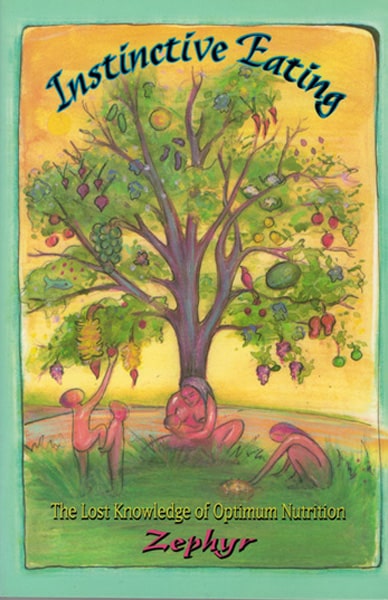
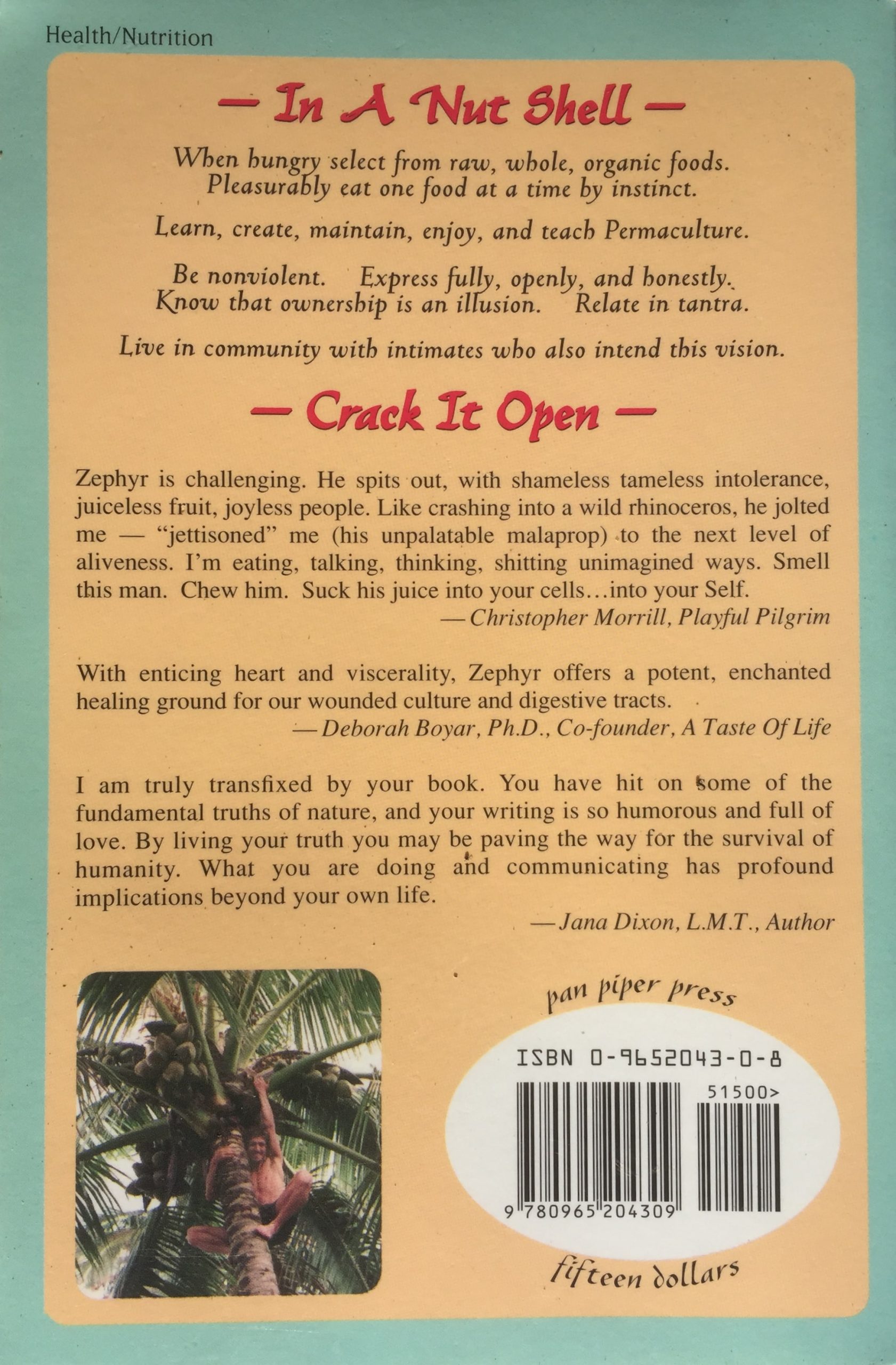
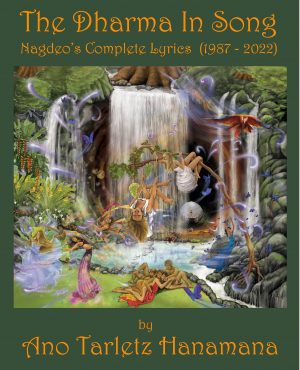
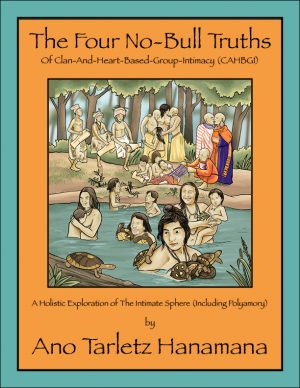
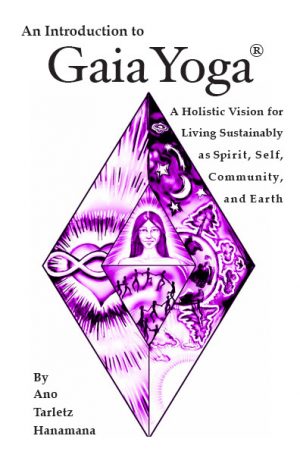
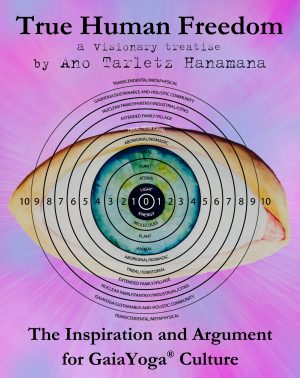
Reviews
There are no reviews yet.